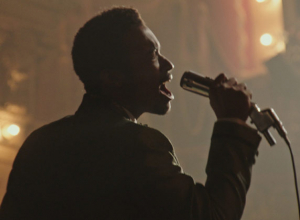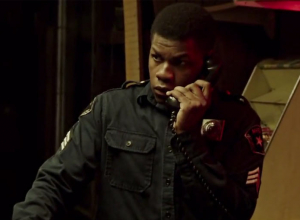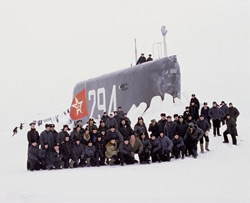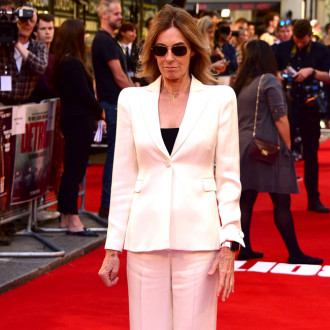Kathryn Bigelow Talks About Detroit
By Rich Cline in Movies / TV / Theatre on 25 August 2017
Oscar-winning director Kathryn Bigelow chronicles one of America's most painful racially fuelled incidents in her new film Detroit, reuniting with The Hurt Locker and Zero Dark Thirty screenwriter Mark Boal.
The events unfolded in July 1967, exposing rampant racial and economic oppression. But the true story of what happened had never been fully told. The big question was whether a middle-class white woman from San Francisco was the right person to make this movie. "I thought, 'Am I the perfect person to tell this story? No,'" Bigelow says. "However, I'm able to tell this story. And with the events unfolding today, the story needed to see the light of day."

Speaking with Contactmusic, Kathryn Bigelow expressed her deep passion to depict the story authentically. "I never thought about it as entertainment," she admits. "I saw it as a dramatisation of true events, based on court documents and first-hand accounts. It helped that we had some real people on the set, including the characters played by John Boyega [security guard Melvin Dismukes] and Hannah Murray [victim Julie Hysell]."
Bigelow also had plenty of film shot in Detroit during the period. "We were steeped in the archival footage," she says, "which fed into everything from the production design and costumes to the lenses we used on the cameras. And for the song score, I wanted to find tracks from the period that are less known. It's obviously Motown, but not so familiar that you can switch off. And then added to this was James Newton Howard's original score, which had to avoid competing with the songs or anticipating what's coming next. It's an ambient score, another character in the story."
Indeed, everything about the film envelops the audience, pulling viewers in without explaining too much about the characters' back-stories. "This kind of material lends itself to an immersive style of filmmaking," Bigelow says. "It demands active participation from the viewer. You can't watch passively. It creates empathy for the characters, and it creates a space for dialogue about the issues. I needed to take this kind of experiential approach to bring the stories forward. It wasn't about just recreating the events, it had to be an organic extension of this tragic situation."
Bigelow says that these kinds of films are what interests her. "I want provoke a meaningful and positive dialogue on the issues," she adds. "My greatest aspiration is that we can help with a transition, to encourage dialogue about ending racial profiling for good. To do nothing is not an option for me personally."
Contactmusic
Movies and Trailers

Detroit Movie Review
After The Hurt Locker and Zero Dark Thirty, Kathryn Bigelow and Mark Boal reteam to...

Detroit Trailer
It's the summer of 1967 and the city of Detroit, Michigan is in the midst...

Zero Dark Thirty Movie Review
Blistering writing, directing and acting hold us firmly in our seats as this procedural drama...

Zero Dark Thirty Trailer
Following the tragic events of the twin towers bombing on September 11th 2001 in New...

K-19: The Widowmaker Movie Review
K-19: The Widowmaker is based on a true story about a Russian submarine sent to...






